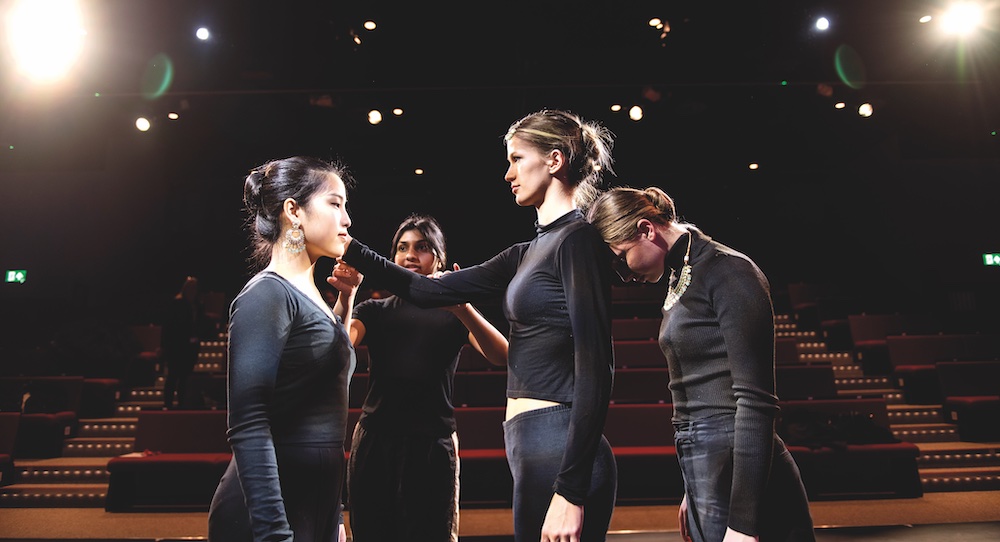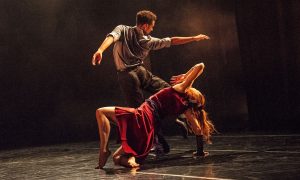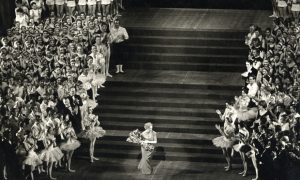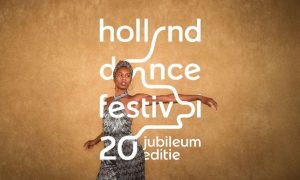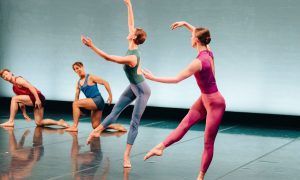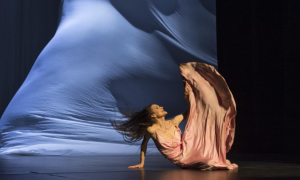The Royal Academy of Dance (RAD) has been training teachers for over 100 years. When you picture RAD, what comes to mind? If you visualise chiffon skirts and adorable character choreography for examinations, think again. The Academy offers so much more in the way of educating students in the art of teaching. Their programmes provide comprehensive learning to enthusiastic students from diverse backgrounds all over the globe. With six degree options — from undergraduate to honours and postgraduate — there’s something for everyone.

Janine Streuli, Acting Director of Education, shares her insights with Dance Informa on the Academy’s educational offerings. “The Royal Academy of Dance offers a range of undergraduate and postgraduate degrees focusing not only on ballet education but dance teaching and education more broadly.” The BA (Hons) Ballet Education degree is ballet-specific, while other programs, including the BA (Hons) Dance Education and Master of Arts in Education, are genre-neutral. She adds, “The Ballet Education programme covers the full stylistic breadth of ballet, from the traditional canon to more current, innovative practices.”
Trainee teachers explore repertoire from different eras — both in theory and practice — so they learn to value tradition while understanding how the art form is evolving in the 21st century. Students also study contemporary educational approaches to ensure their teaching aligns with best practices and current thinking, especially regarding safeguarding and participant well-being.
Streuli emphasises that the degree programmes are designed to encourage students to think critically about ballet’s role in contemporary culture. “They study ballet from an artistic and educational perspective.” She explains that historical studies explore repertoire through various cultural and educational lenses, both theoretically and practically. “We ensure that students are prepared to teach in a range of different contexts (private studios, community schools, and beyond). We support them with meeting learner needs across a wide age range and participant experiences.”
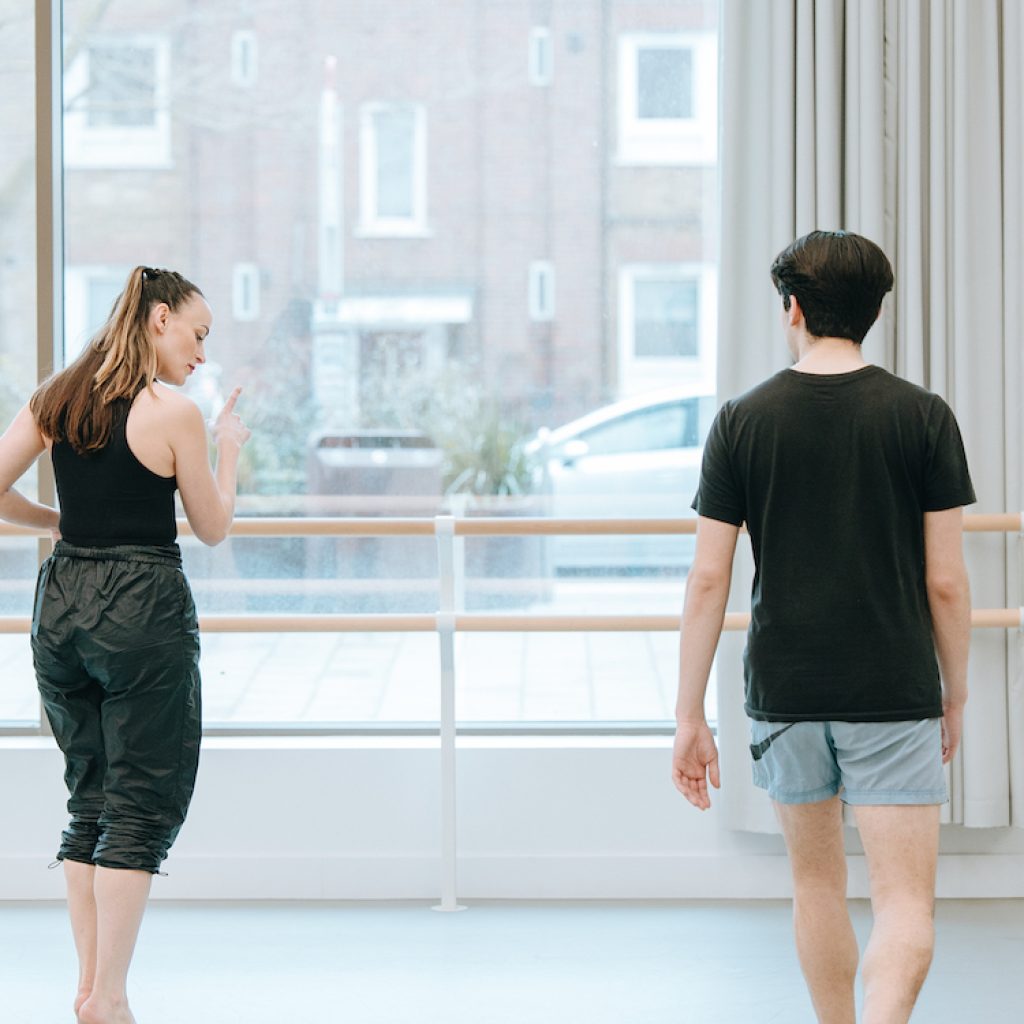
Cultural and contextual adaptability is a key part of the teacher training. Both undergraduate degrees include a diverse community of international students from different backgrounds. Streuli explains, “We encourage peer-exchange and actively embed opportunities for this within our onsite and distance-learning degrees.” Students are prepared to teach in a variety of settings, from private studios and community classes to more formal learning environments such as primary or secondary schools. “The breadth of this provision ensures that students develop a rounded skill set so that they are ready to become the most versatile teachers possible.” She adds that cultural sensitivity and educational inclusivity are at the heart of everything RAD does.
Graduates are redefining what it means to teach ballet in non-traditional environments. Streuli comments, “We often have graduates who expected to go into private studio teaching contexts before starting the programme, who end up working in completely different contexts when they graduate.” Some graduates have introduced ballet to inclusive dance companies working with individuals who have learning disabilities or mobility challenges. Others work in SEND (Special Educational Needs and Disabilities) schools, providing accessible and enriching dance opportunities for children with special needs. Graduates are also active across the full range of adult education, including the Silver Swans program, which caters to older adults and improves mobility, posture, coordination, and energy levels. Streuli mentions that some alumni work in remote parts of the Australian outback, traveling many miles to reach transient communities that would otherwise lack access to high-quality dance education. “Wherever they are in the world, our graduates go on to teach the next generation of dancers and dance teachers — who then go on to inspire even more dancers and teachers!” Streuli says. “They can also become part of a professional community of RAD Registered Teachers who share a passion for dance and are at the core of the RAD worldwide.”
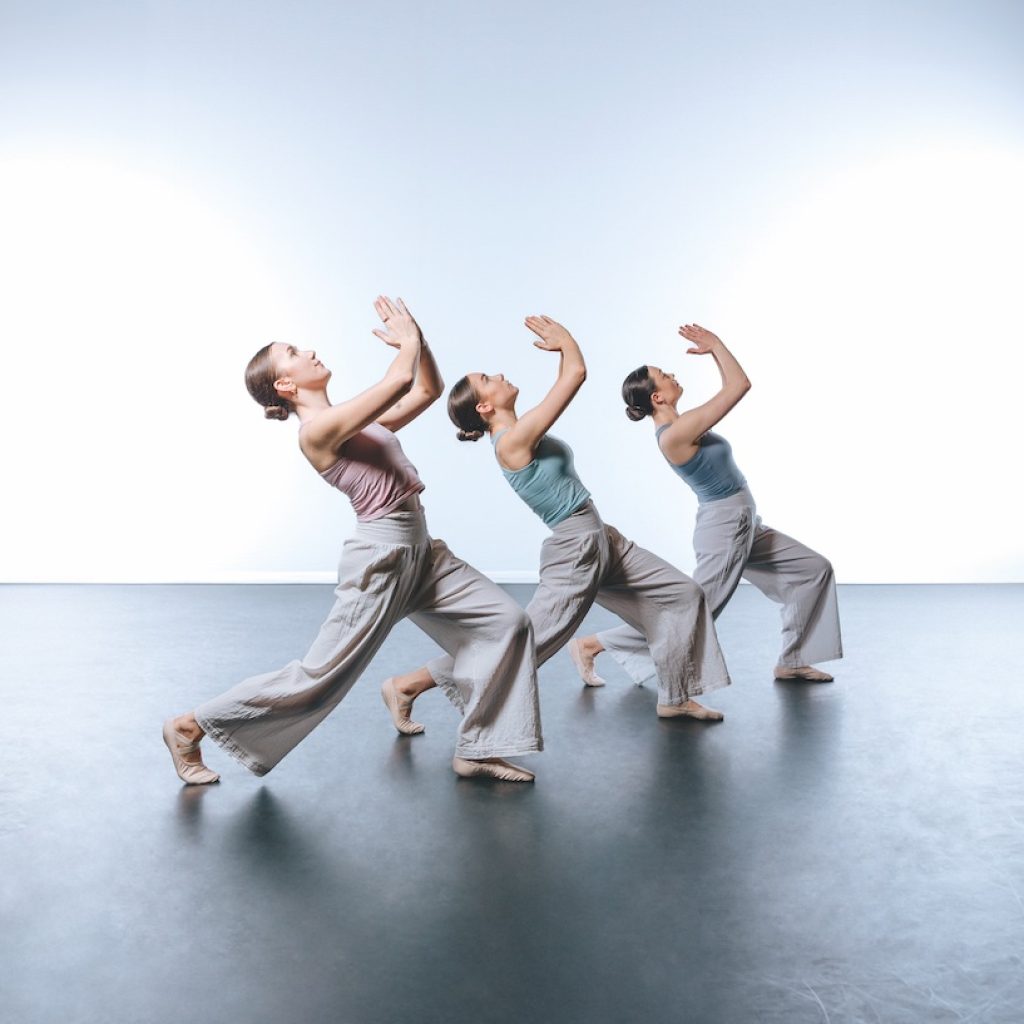
RAD programmes incorporate research and academic inquiry into ballet teaching practices. Streuli states, “Both our undergraduate programmes meet the Subject Benchmark Statements (QAA – Quality Assurance Agency for Higher Education) for both Dance, Drama and Performance as well as Education Studies.” She adds that all programmes are research-informed and supported by a variety of studies. Students are expected to demonstrate theory-informed practice and strong critical thinking skills.
In the final year of their degree programmes, students undertake a research project on a topic of their choice. The modules allow them to think innovatively and explore areas of interest in depth. At the master’s level, students push the boundaries of dance learning and teaching even further.
Collaboration between dancers, choreographers and educators is an essential element of RAD’s approach to higher education. “We work hard to foster open, collaborative and, most importantly, safe working practices where every individual feels safe to freely express themselves,” Streuli states. Students are encouraged to develop their own choreographic voices and may pursue choreography as an option module in their final year. Those who choose performance practice as a specialism participate in a final performance project, where they choreograph and perform a piece that demonstrates their artistic development. “This is an empowering process whereby the tutor acts as a facilitator with little choreographic ego.”
Postgraduate programmes also support teachers who want to specialize in inclusive and adaptive ballet education. Streuli explains that the MA in Education (Dance Teaching) offers experienced teachers the opportunity to reflect on and enhance their teaching practice. This programme is open to students from any dance background or genre. Students explore somatic practices and study dance through a variety of cultural perspectives. Many graduates undertake research into inclusive practices as part of their final-year projects.
Two of the three degree programs are genre-neutral. The BA (Hons) in Ballet Education includes regular technique and performance classes in contemporary dance. Onsite students also have access to jazz classes and other extracurricular opportunities. The BA in Dance Education and MA in Education are not genre-specific and welcome students from a variety of dance specialties.
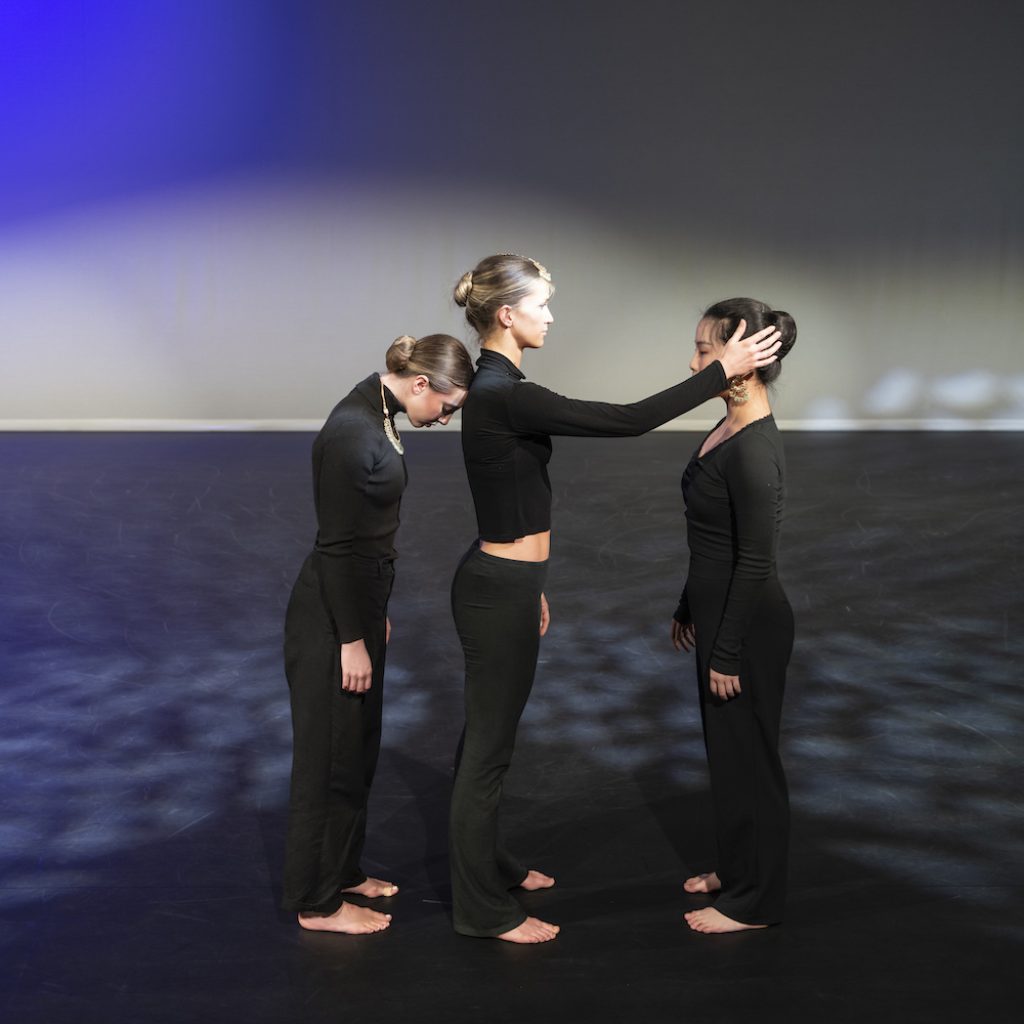
Ballet teachers in the 21st century face ever-evolving responsibilities, and RAD programs are continually adapting to meet these demands. “Thankfully, the emphasis on safe practice has significantly increased over the last few decades,” Streuli says. “The RAD remains on top of best practice in this field and, through research-informed teaching, ensures that students develop current knowledge in this respect.” She explains that dance teachers are no longer seen as merely transmitters of knowledge and physical technique but as holistic educators. “We place strong emphasis on not only teaching in physically safe ways but also on developing a positive and safe classroom climate where collaborative learning and the pupil voice are valued.” For RAD, the overall wellbeing of both teachers and students is paramount.
Recognising that many dance teachers work in varied settings and often in freelance capacities, RAD degrees include structured mentorship. Experienced dance teachers serve as mentors and work closely with students throughout their studies. “Those supportive and structured professional placements are crucial in equipping students with teaching skills, confidence and the ability to adapt to different work contexts,” Streuli explains. In the final year, students receive guidance as they transition from trainee to fully qualified teacher, including career planning advice from seasoned professionals. Support includes practical skills like CV writing, job application tips, and professional development guidance.
To find out more about RAD degree programs, visit: www.royalacademyofdance.org.
By Mary Carpenter of Dance Informa.


